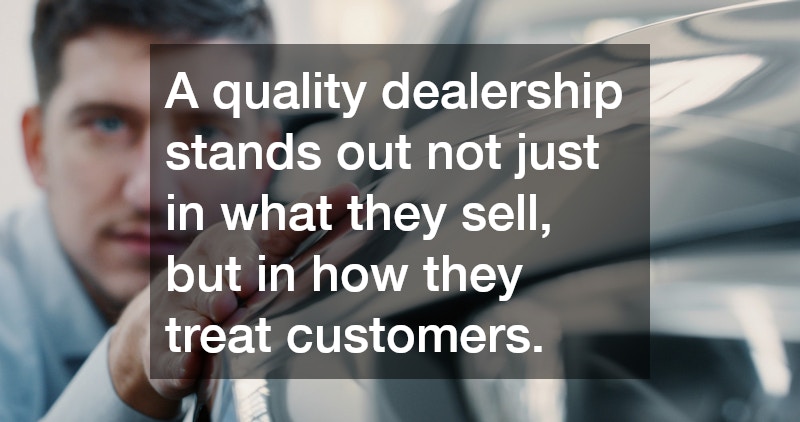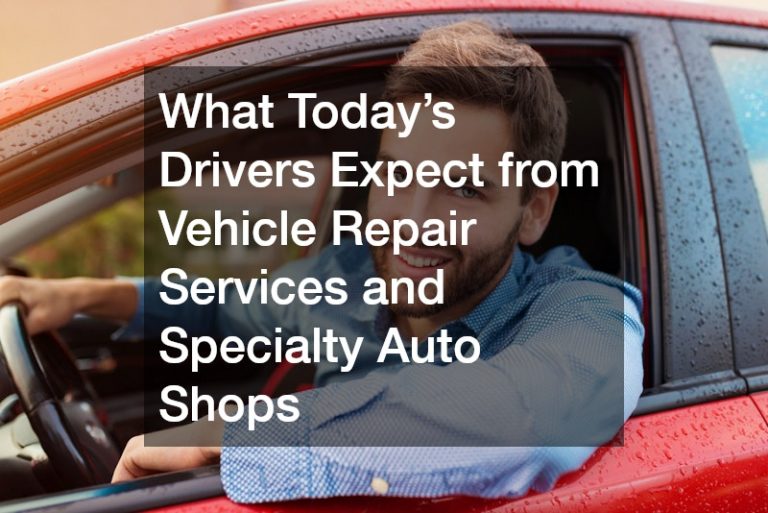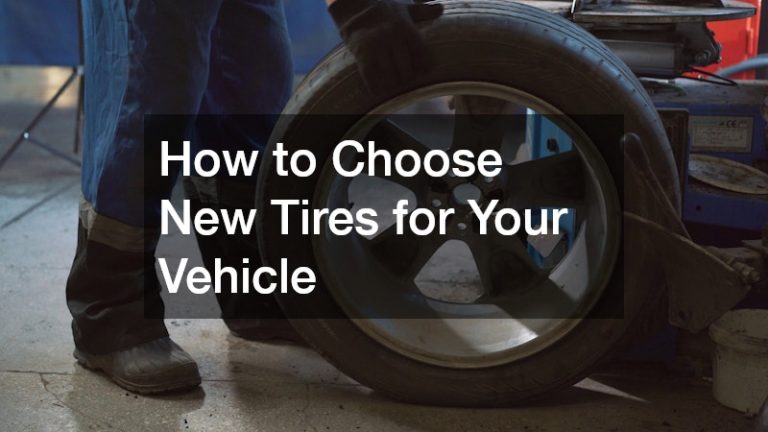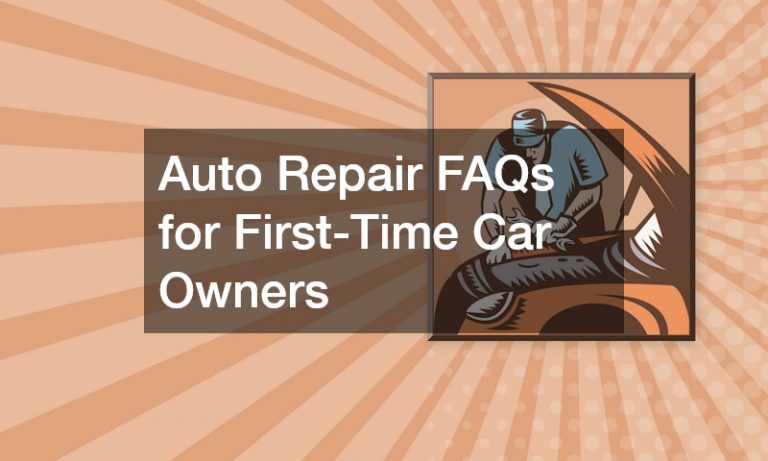

Choosing the right best used car dealerships can be a daunting task. With numerous options available, it’s important to find a dealership that meets your specific needs, offers quality vehicles, and provides excellent customer service. This article will guide you through the process of selecting the best used car dealership by addressing the most commonly asked questions and important considerations.
What should I look for in a reputable used car dealership?
Check for Dealer Reputation and Reviews
Research online reviews and ratings to gauge the reputation of the dealership. Customer testimonials and feedback can provide valuable insights into the dealership’s reliability and trustworthiness.
Dealerships with a significant number of positive reviews are more likely to provide reliable services. Analyzing customer feedback helps identify red flags and common issues, allowing you to avoid potential headaches.
Reputable dealerships often highlight awards or recognitions they have earned, which can also serve as a testament to their credibility. According to recent consumer reports, 70% of people trust online reviews as much as personal recommendations.
Examine Inventory Quality and Variety
Assess the quality and variety of vehicles offered by the dealership. A reputable dealership should provide a wide range of well-maintained vehicles, each with a detailed inspection report.
Diversified inventory can cater to varying preferences and budgets, offering everything from economy cars to luxury vehicles. Ensuring that each vehicle undergoes a thorough inspection assures you of its quality and safety.
Dealerships that are transparent about the condition and history of their vehicles tend to build trust with their customers. This transparency can result in higher customer satisfaction and repeat business.
How do I identify dealerships that offer fair pricing?
Compare Prices Across Multiple Dealerships
Conduct a comparative analysis of pricing for similar vehicle models across different dealerships. This helps ensure that you are getting a fair and competitive price.
Comparing prices not only gives you a sense of the market value but also highlights the best deals available. Price comparison websites can be a handy tool for this analysis.
Sometimes, dealerships offer regional promotions or discounts, which can result in substantial savings. Understanding local pricing trends can help you negotiate better deals.
Look for Transparent Pricing Practices
Avoid dealerships that use high-pressure sales tactics or have hidden fees. Opt for those offering transparent pricing and detailed breakdowns of all costs involved.
Hidden fees can significantly increase the cost of a vehicle, making a seemingly cheap deal more expensive in the long run. Transparency in pricing fosters trust and encourages a more positive buying experience.
Seek out dealer reviews discussing price transparency and honesty. Customers frequently mention fairness in pricing when reviewing experiences with a dealership.
What should I consider when evaluating dealership customer service?
Assess Dealer Responsiveness and Communication
Evaluate how responsive and willing the dealership is to answer questions and provide assistance. Good communication is indicative of strong customer service practices.
Timely and clear communication from a dealership can enhance your overall buying experience. Prompt responses to inquiries suggest a customer-focused approach.
Engaged dealerships are proactive in their communication, reaching out to customers for feedback and offering post-purchase support. Such practices can indicate a customer-centric culture.
Review Post-Sale Support and Services
Consider the extent of post-sale services offered by the dealership. Look for warranties, maintenance services, and return policies that ensure customer satisfaction even after the purchase.
Do Your Homework Before You Buy
Choosing the best used car dealership involves more than just walking onto the lot and picking a car. It starts with thorough research into each dealership’s reputation, customer reviews, and business history. Take the time to explore online ratings, review sites, and Better Business Bureau listings. A dealership with consistent positive feedback is more likely to provide a trustworthy and satisfying car-buying experience.
Compare Pricing and Vehicle Selection
While pricing is a major factor, it’s not just about finding the cheapest option. The best dealerships offer fair, transparent pricing along with a wide range of vehicles that meet different needs and budgets. Make sure you understand what’s included in the price, such as warranties, inspections, or reconditioning services. Comparing offers from multiple dealerships can help ensure you’re getting the best value for your money.
Ask the Right Questions
Don’t hesitate to ask questions about a vehicle’s history, condition, and available financing options. A reputable used car dealership will welcome your inquiries and provide clear, honest answers. Inquire about vehicle history reports, service records, return policies, and whether the dealership is willing to negotiate. Being prepared with the right questions puts you in control of the buying process.
A quality dealership stands out not just in what they sell, but in how they treat customers. Look for responsive service, professional communication, and a willingness to address any concerns. Good customer service continues beyond the sale—it includes after-sales support, clear paperwork, and a smooth vehicle delivery process. This level of service can make a lasting difference in your overall experience.
By asking the right questions, reviewing dealership reputations, and carefully comparing your options, you can confidently choose a used car dealership that aligns with your expectations. A well-informed decision helps ensure that your car-buying experience is not only positive but also results in a reliable vehicle that suits your lifestyle. In the end, finding the right dealership is just as important as finding the right car.





